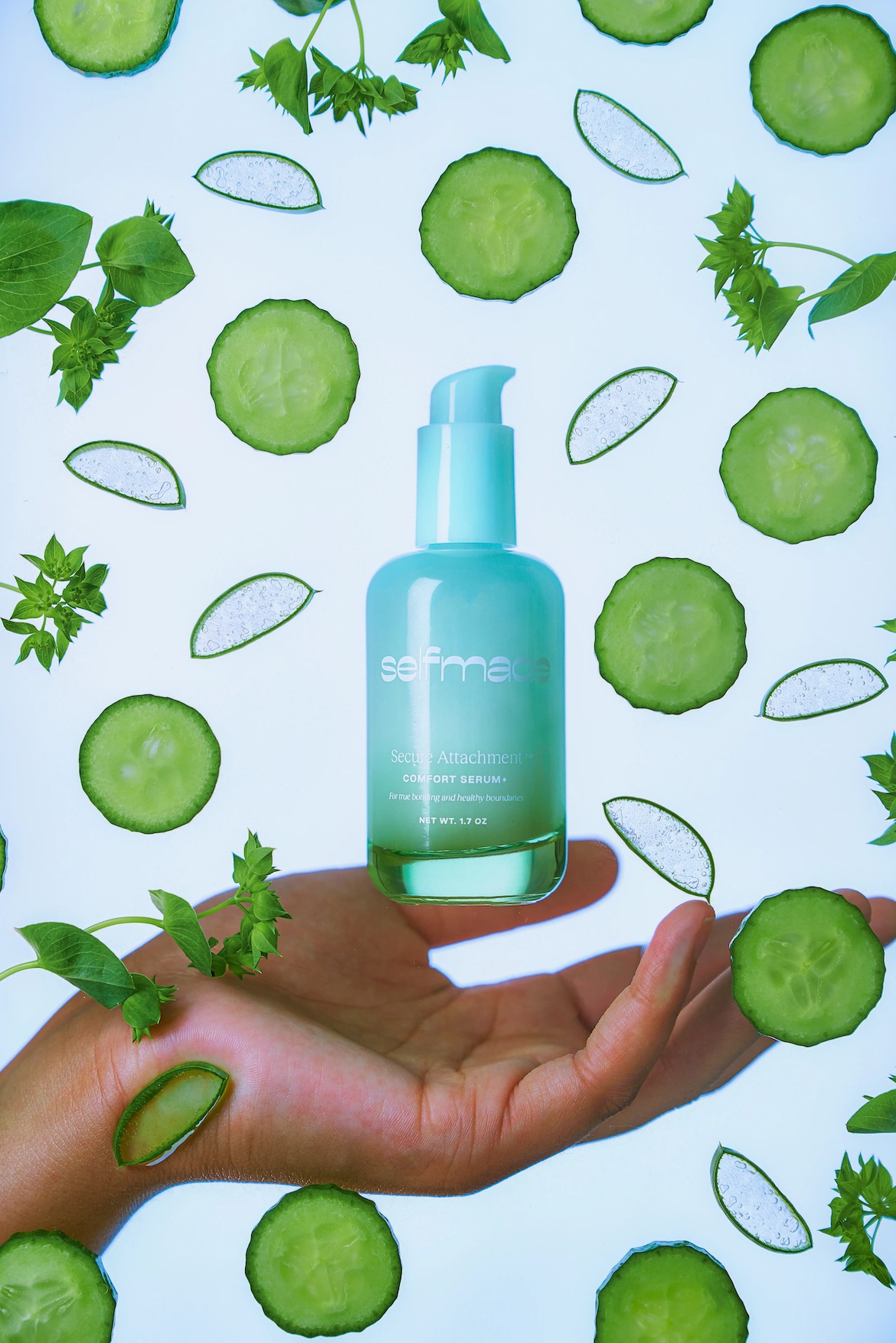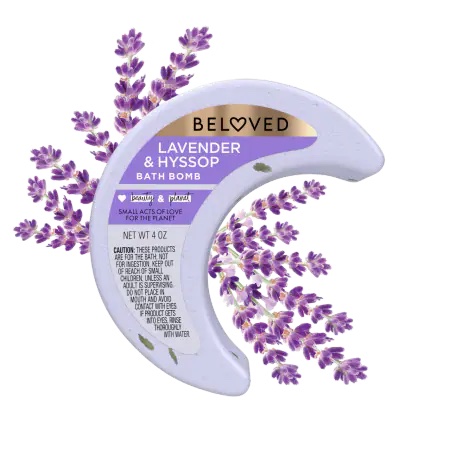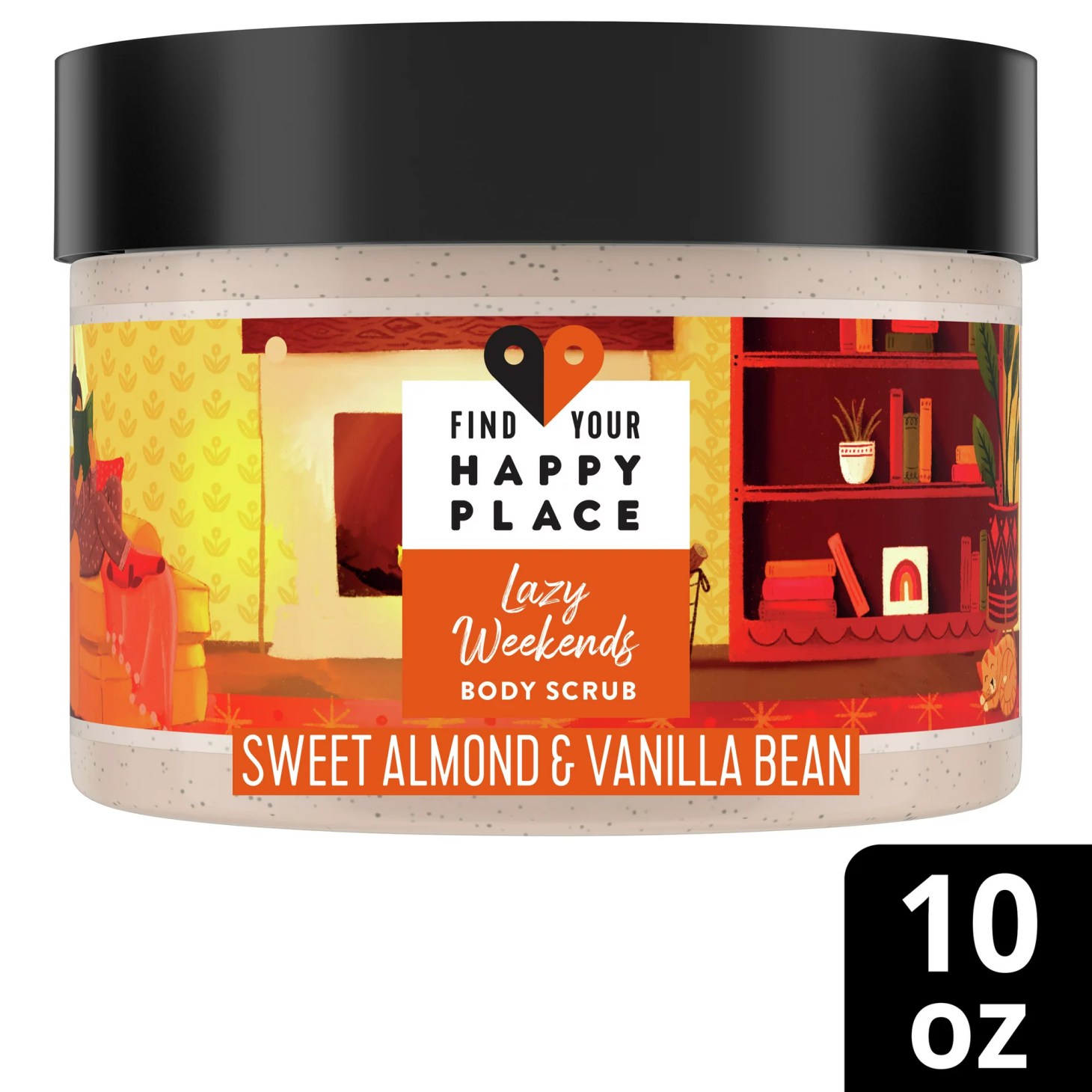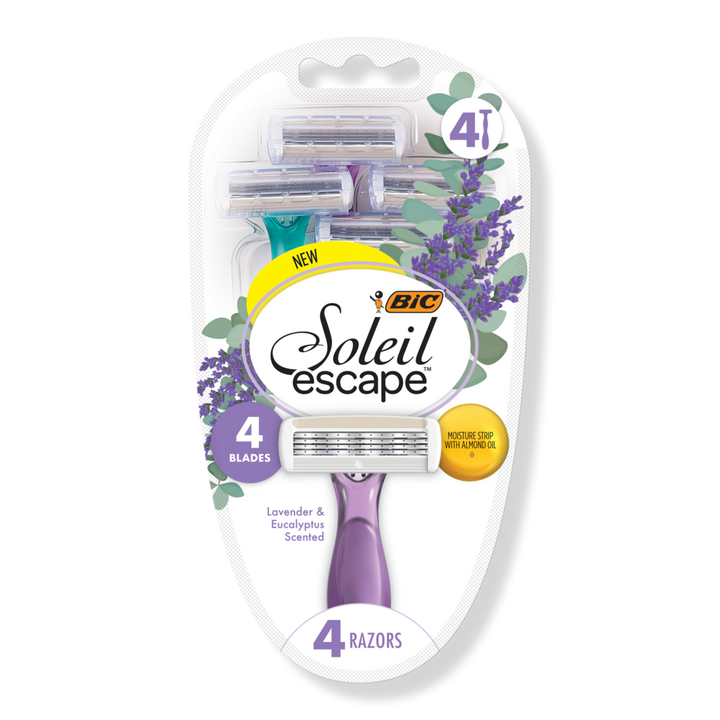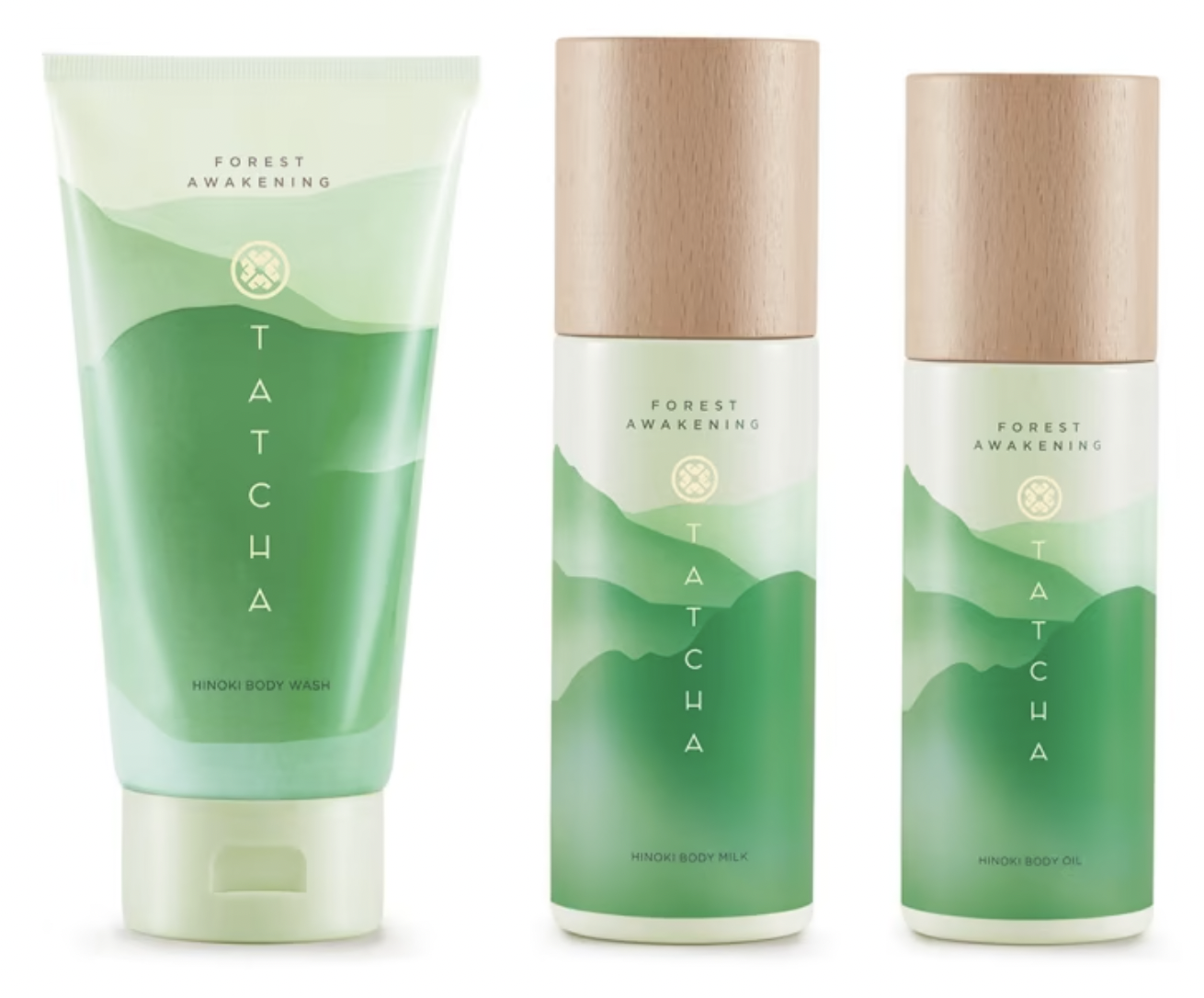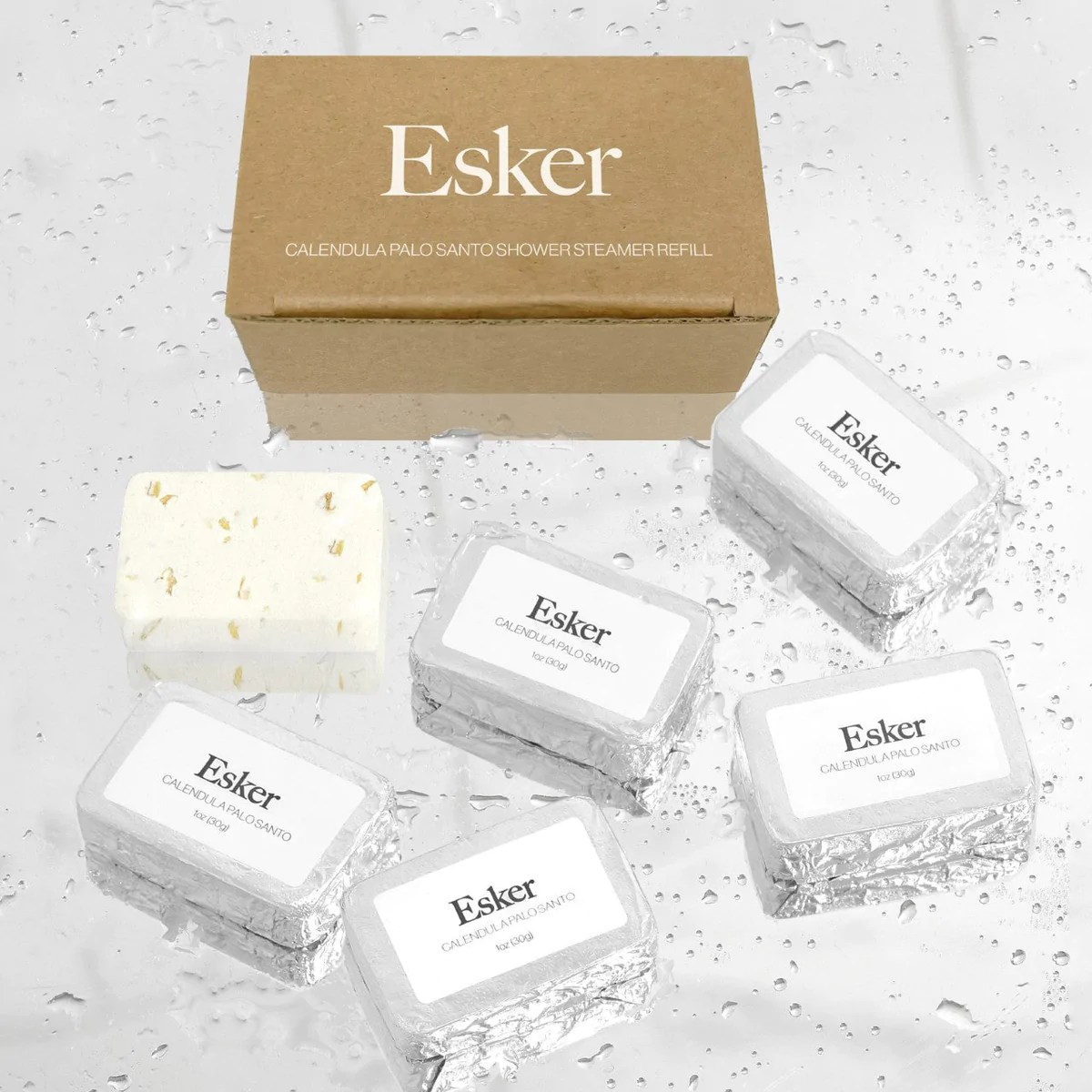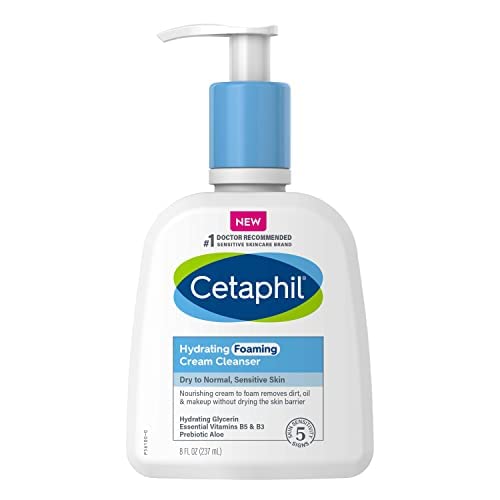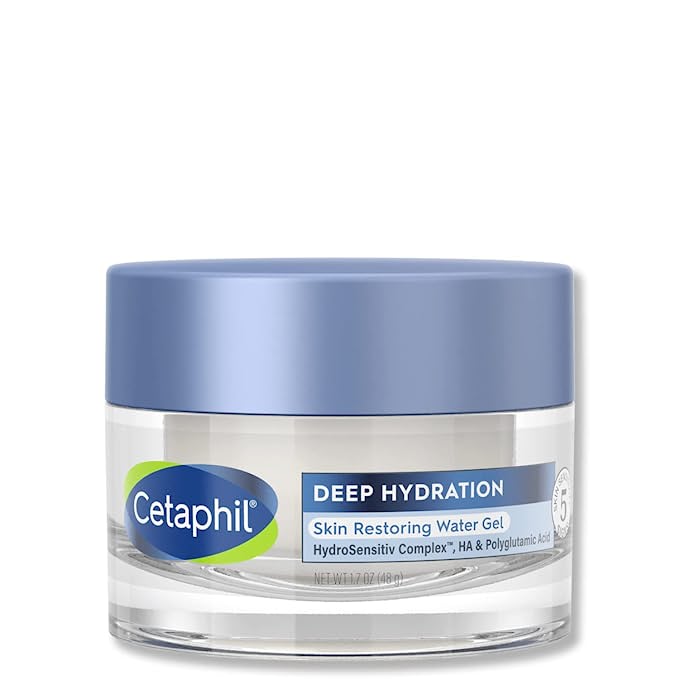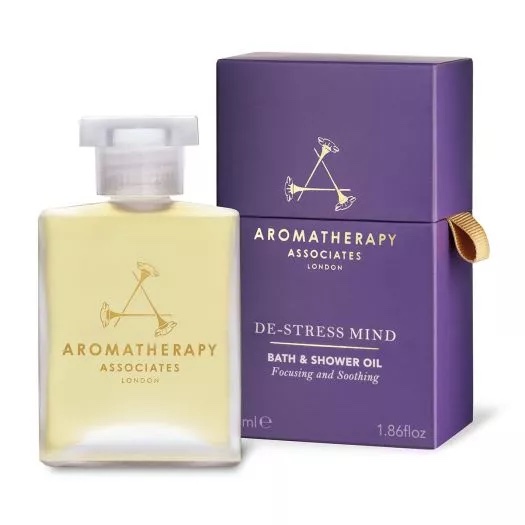‘Sensory Beauty’ Helped Us De-Stress in the Peak of the Pandemic, and It Isn’t Going Anywhere
According to clinical psychologist Jeshana Johnson, Ph.D., sensory beauty is the creation of beauty products intended to stimulate our senses—sound, sight, taste, smell, and/or touch—for a calming and positive effect. “Living' sensually' means we are stimulating all of our senses,” she says. “It grounds us in the 'now,' back into the body, so the mind can be in the moment, which fends off anxiety and depression.”
A 2016 study by the Organizational Behavior and Human Decision Process found that a ritual is critical for keeping stress in check, and that sentiment extends to beauty. According to a 2021 survey conducted by CVS, 68 percent of women aged 18 to 35 reported that they feel positively about themselves after engaging in beauty practices and 83 percent agreed that they feel better about themselves when they do a beauty routine. Using products that stimulate the senses can take these feelings to the next level.
After the past few stressful years, it makes sense that we've started to turn to our products to chill us out. “By positioning our products as tools we can leverage to trigger a sense of calmness, then we can let the body know and understand, ‘Hey, it's safe right now.’ Then that allows our body permission to relax, restore and rest,” says Dr. Johnson. “This also impacts not just our physical health, like digestion, but also our mental health, so we may feel relaxed enough to allow play so we can ultimately improve the quality of our lives.”
{{post.sponsorText}}
How sensory beauty works
Because sensory beauty is about activating our senses, it can come in many different forms—a luxurious-feeling body cream that smells like your favorite spa, a woodsy fragrance that evokes the same emotions as forest bathing, or a bath bomb that reminds you of childhood, to name a few examples. Textures, scents, and user experience all play a role in turning a run-of-the-mill product into something sensorial, and each of these elements offers mental and emotional benefits.
“Based on our attachment, certain smells and touch can create a sense of safety,” says Dr. Johnson. For example, products that replicate the touch we feel through physical affection can elicit feelings of comfort and calmness, says Dr. Johnson. They may also have the ability to imitate the feelings of love and attachment to improve our mental well-being. Scent is also a powerful emotional trigger thanks to the fact that the olfactory system is directly connected to the mental and emotional parts of the brain, and a report done by Mintel shows that 53% of adults are interested in using products with mood-boosting fragrances. Studies have found that certain scents, like citrus and lavender, can energize and relax the mind, and forest-inspired fragrances are revered for their calming and focus-enhancing properties, which is why you may have seen an influx of products featuring these notes over the past few years.
That said, sensory beauty centers on stimulating your senses in a way that makes you feel good, whether that means slathering on a rich lotion or spritzing yourself with a particular scent. “We know that people need to take time out and care for themselves with products and techniques that really deliver on their own terms," says Anna Teal, global CEO of Aromatherapy Associates, an essential oils brand that's been creating sensory formulas since its inception. In other words, it's all about finding products and practices that transform elements of your regular routine into moments of self-care, and what that looks like is entirely up to you.
Sensory beauty in action
For many brands, developing products that make you feel good has long been at the forefront, which explains the relaxing lavender lotions and energizing citrus perfumes you've likely had in your routine for years. But recently—particularly in the wake of the pandemic—it's taken on some exciting new forms that give everyone an opportunity to find a sensory experience they can enjoy within their beauty routines.
Skin-care brand Selfmade, which launched in 2021, describes itself as a "ritual-based beauty brand." Its products draw from psychodermatology—a burgeoning field of study around the skin/brain connection—and are designed to support your physical and emotional well-being. Dr. Johnson calls out the brand's Secure Attachment Comfort Serum+ ($36), a hydrating formula that combats both internal and external skin stress, as a product that "allows for comfort in your own skin."
Also in 2021, Unilever introduced Beloved, a bath-focused offshoot of its Love, Beauty, and Planet line that's meant to "transform bath-time into a small act of love for body, mind, and planet." Relaxing scents like lavender, eucalyptus, and orange blossom dominate the formulas, and the brand curated a series of zen-inducing playlists on Spotify to create a multi-sensory bathing experience. Another Unilever brand, Find Your Happy Place, also launched last year with a line of body products with names like "Wrapped In Your Arms," "A Great Night's Sleep," and "Lazy Weekend," all of which are meant to mentally transport you to your happy place (wherever that may be).
This summer, razor brand BIC introduced its Soleil Escape Razor ($7), which gives you a close shave and releases an aroma of lavender and eucalyptus to soothe you as you use it. “We wanted to create a razor that makes shaving less of a chore, and more of an enjoyable experience for people... a razor that helps make the shaving experience feel like a luxurious indulgence,” says Katty Pien, VP of marketing at BIC. “[And the razor's] ‘Tickle Your Senses’ campaign was created to encourage people to indulge and unwind with the new sensorial razor that transforms shaving into a luxurious and immersive ritual.”
Even more recently, Tatcha launched a line of stress-relieving, forest-bathing-inspired body products; Esker introduced a Shower Steamer Set ($65) that turns your lather-and-rinse session into a full-blown spa experience; and Cetaphil came out with a foaming, dry-skin friendly cleanser and a lightweight, gel-textured moisturizer that were specifically developed to deliver unique sensorial experiences while also nourishing your complexion.
The future of sensory beauty
Arguably the most important factor in sensory beauty is the way it encourages you to use a product repeatedly. When a product makes you feel good, the more likely you are going to want to use it in your everyday routine. “If it is appealing to my senses, not only am I doing it because it is good for me and it feels good but it's also creating this experience that I'm having which makes me present in my body which is really important,” says Dr. Johnson.
From a business standpoint, this is understandably a good thing, which explains why all the experts we spoke to agree that sensory beauty will continue to grow in the market as more people search for products that make them feel good. “Consumers are expecting more from their products and experiences,” says Teal. “Weaving in multi-sensory experiences that emotionally connect with people as well as functionally delivering is just part of that. Why not turn the bathroom into a spa if it helps you relax or re-energize [while also being] part of your body care routine?”
Pien says that this trend will extend beyond scent and touch to other senses, such as auditory and visual, as well. “The self-care mindset continues to grow as consumers seek products that provide emotional benefits that elevate their wellbeing and daily routines and transport them from their everyday concerns, even if just for a little while,” she says Pien.
“Human touch and engaging different senses is a huge part of getting the most out of an experience; it transcends the function of a product and creates more meaning for you personally,” adds Teal. “Something that I believe is definitely here to stay.”
Shop our favorite sense-stimulating products
Loading More Posts...
